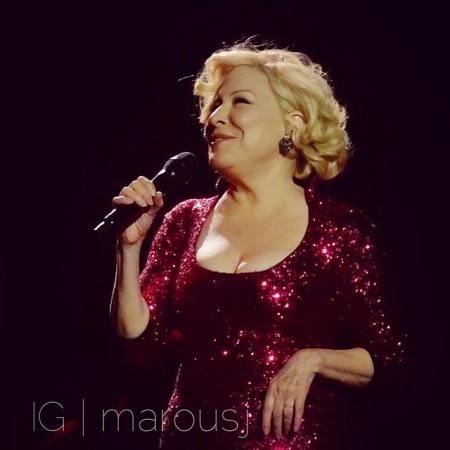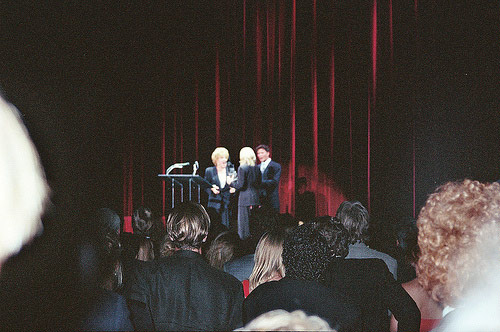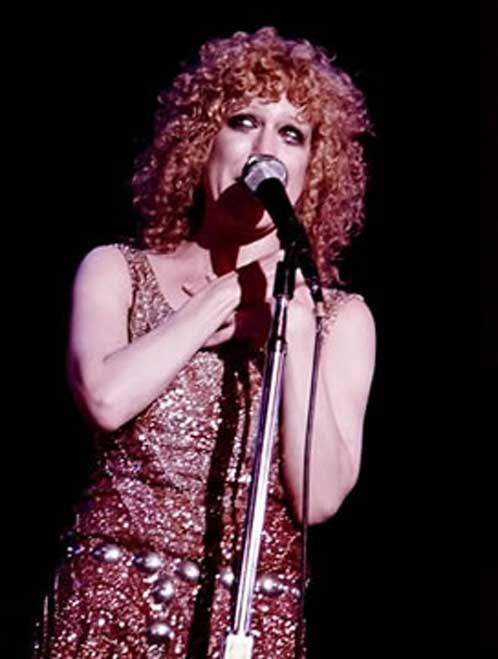USA Today
Mainstream music embraces LGBT perspective
Sara Moniuszko, USA TODAY 6:58 p.m. EDT August 30, 2015
From Bette Midler and Madonna all the way through Lady Gaga’s Born This Way, performers courting gay audiences and incorporating lesbian, gay, bisexual and transgender themes into their songs is a pop music tradition.
But increasingly, it’s more than just big-voiced divas tapping into the LGBT community: Just as Gaga’s 2011 hit was dubbed a LGBT anthem for its messages of self-love, Macklemore and Ryan Lewis’ Same Love made waves in 2012 with strong statements against homophobia and for acceptance.
Although the idea of including these themes into songs isn’t new, the recent and often more explicit interest of mainstream hitmakers is.
This year alone, Jennifer Hudson’s video for I Still Love You features a gay couple seeking acceptance, and the lyrics and video of Demi Lovato’s Cool for the Summer hint at bi-curiosity. Last year, Hozier’s video for Take Me to Church moved audiences with its imagery of homophobic violence.
The most likely reason? Society’s movement toward acceptance.
“It’s just the way these issues are progressing,” says Billboard senior editor Alex Gale. “Music is just a little ahead of everyone else in some ways.”
It’s true that the trend reflects certain societal shifts on LGBT issues such as gay marriage. A Gallup survey reports that support for same-sex marriage jumped from 27% to 55% from 1996 to 2014. The U.S. Supreme Court’s ruling on gay marriage also shows the change in public opinion.
And the trend isn’t limited to pop. Gale agrees that it’s crossing genres, noting that rap, “one of the more homophobic areas in music, (with) very strict gender roles,” has seen a positive shift in tolerance among artists.
Not only are artists such as Kanye West speaking up in support of gay and trans rights, but some are even toying with the boundaries of gender and masculinity, he notes.
“Young Thug is a rapper who will flash a gun on Instagram while wearing a dress, so he’s sort of playing with gender roles,” Gale says. “There’s a little more tolerance, at least in the hip-hop world, for this.”
After receiving backlash from listeners, hip-hop artists such as Common pledged to curb the use of gay slurs in their lyrics.
“People are not going to make comments like that, because they’re going to see their numbers hurt,” Gale says.
But are the mainstream artists who invoke LGBT themes in their music actually committed to bringing about change – especially when the artists themselves are cisgender and straight?
Truly committed artists will make themselves known, says Jason Lamphier, senior editor at Out.
“It’s one thing to write a song or to pair your song with a video that tackles LGBT issues, it’s another thing to be a very vocal advocate,” Lamphier says. “But pop musicians don’t necessarily have to do that; it’s not their job to be activists. It’s their job to be pop stars, and they can get their message out that way through their music.”
Even when an artist’s song about same-sex experimentation may be intended to titillate instead of inspire, like Katy Perry’s I Kissed A Girl, Lamphier says the message can still have merit.
I Kissed A Girl “was kind of polarizing, because … it’s almost glamorizing girl-on-girl action,” Lamphier says. “On the other hand, has Katy Perry sparked this conversation among youth? And now they’re starting to think, ”˜Oh, it’s OK if I’m curious about kissing my girlfriend, and it’s OK if I actually realize after I’ve done it that this may be what I enjoy more.”
The next step is giving LGBT-identifying artists the same freedom to sing about their relationships as straight artists, without fear of the consequences, Lamphier says.
Musicians such as Sam Smith, who openly identifies as gay, are faced with a dilemma: risk alienating audiences by singing about LGBT themes and relationships that aren’t just abstract concepts or get accused of “straight-washing,” a label Smith has been slapped with for using gender-neutral pronouns in his lyrics.
But could society be at a point where Smith could make music that is more explicitly in line with his personal experience?
“(Smith) did not see his success curtailed when he came out, so it might be interesting to see if his music becomes a little less neutral,” Gale says. “If Sam Smith were to release a song that was explicitly about his same-sex love, if it was a good song, I think it would succeed.”
Thanks to emerging artists, music is inching closer to this more inclusive reality. The Grammy Award-winning duo Great Big World recently released a love song called Hold Each Other, in which singer Chad King, who identifies as gay, made the decision to use masculine pronouns when talking about someone he loves.
This next frontier in music may be closer than we think.







